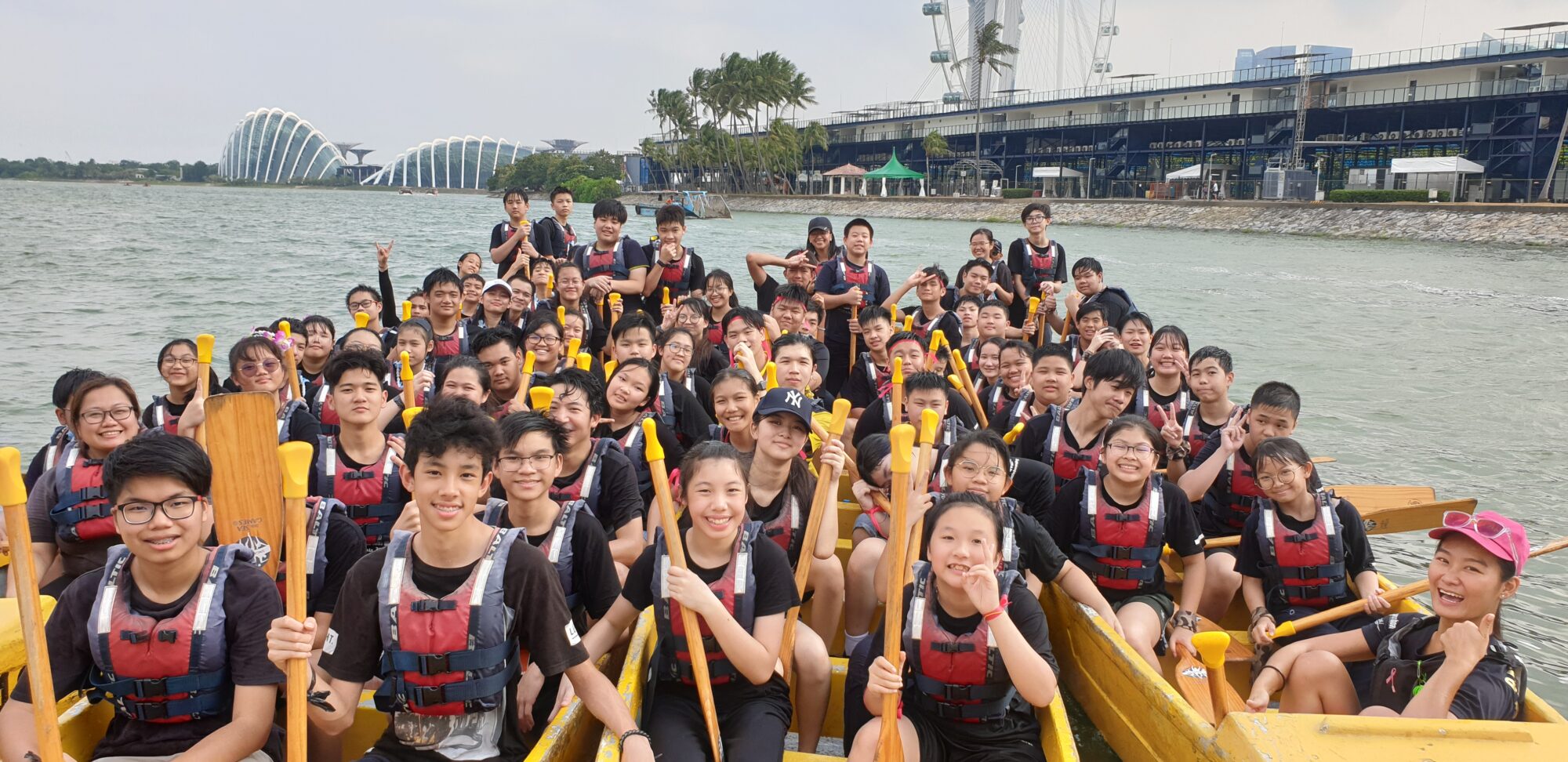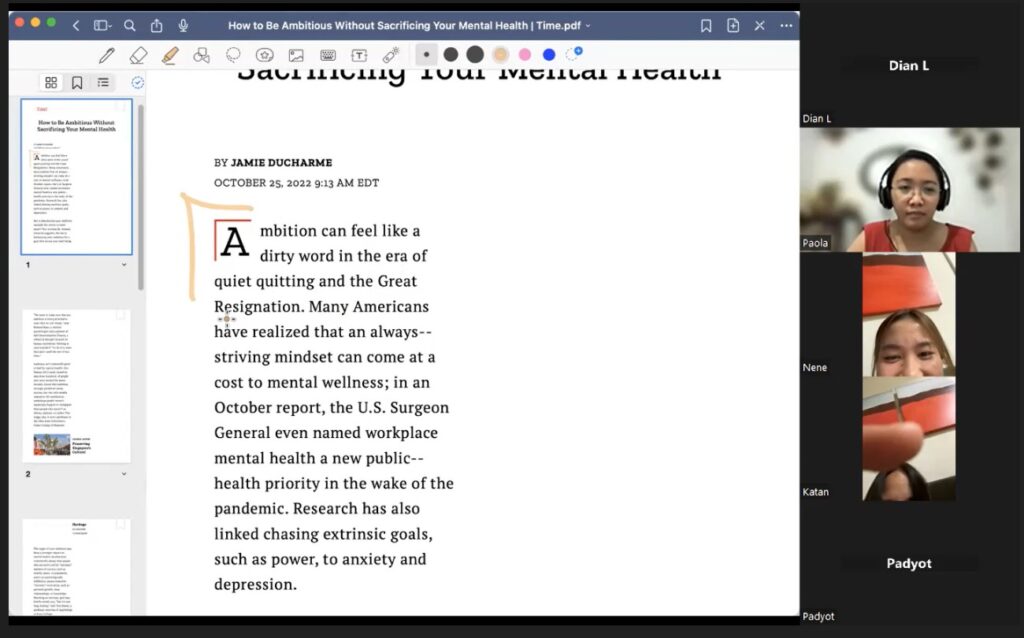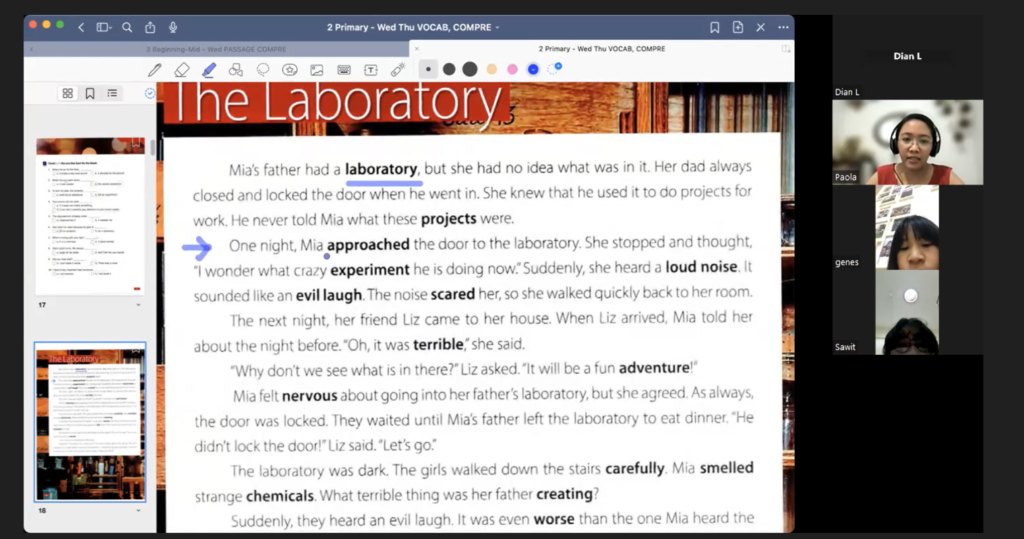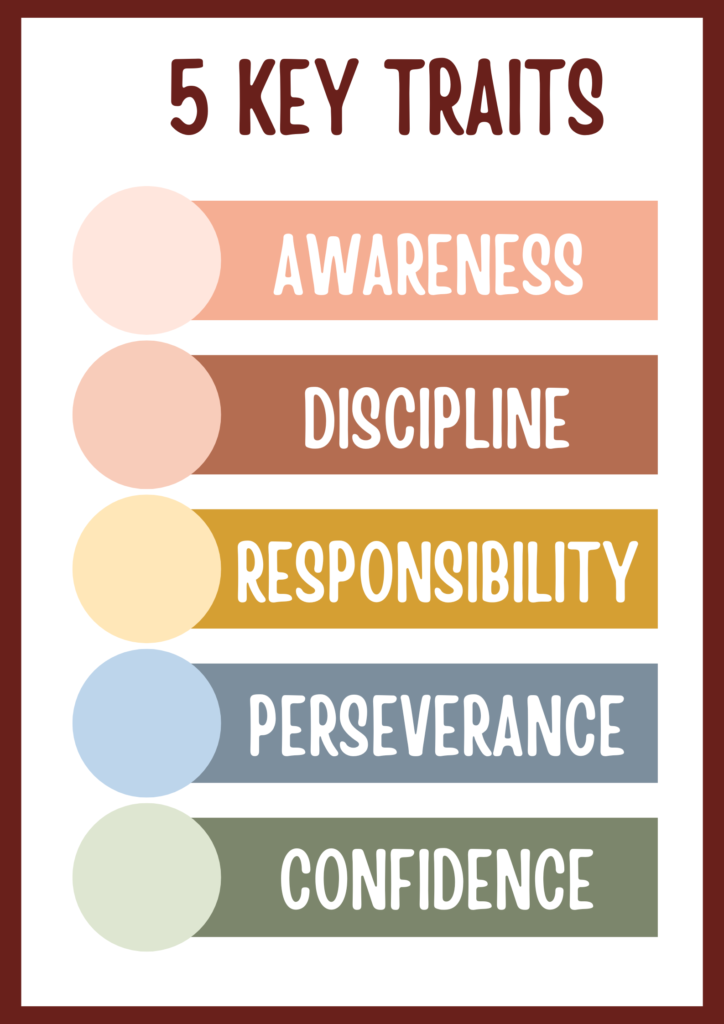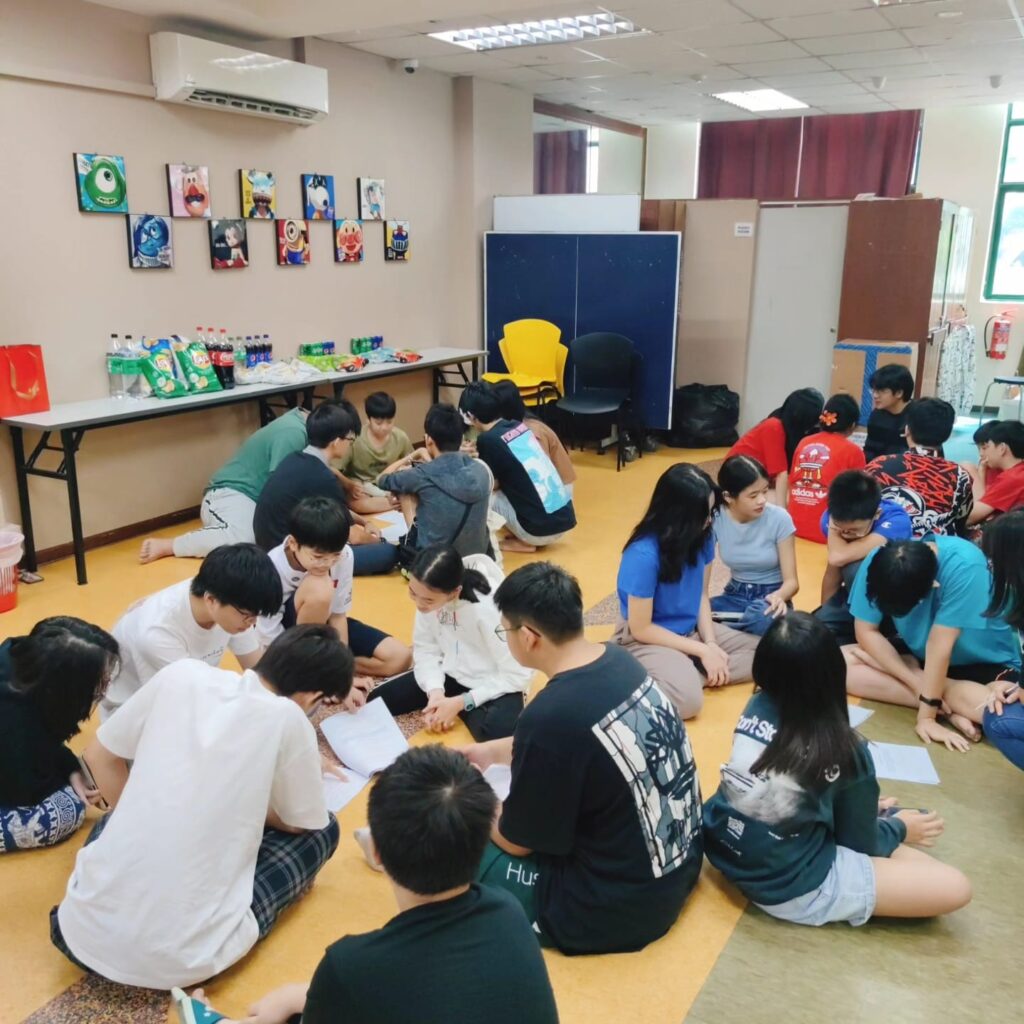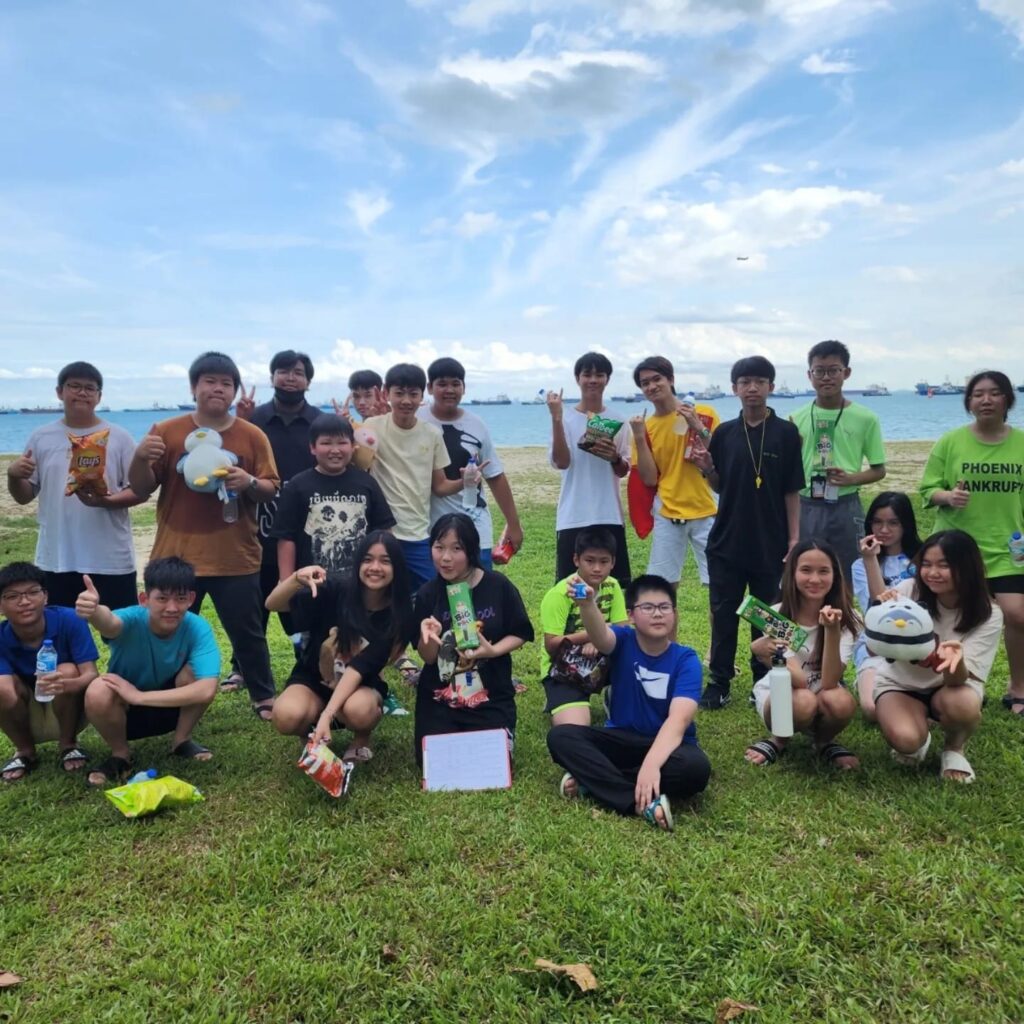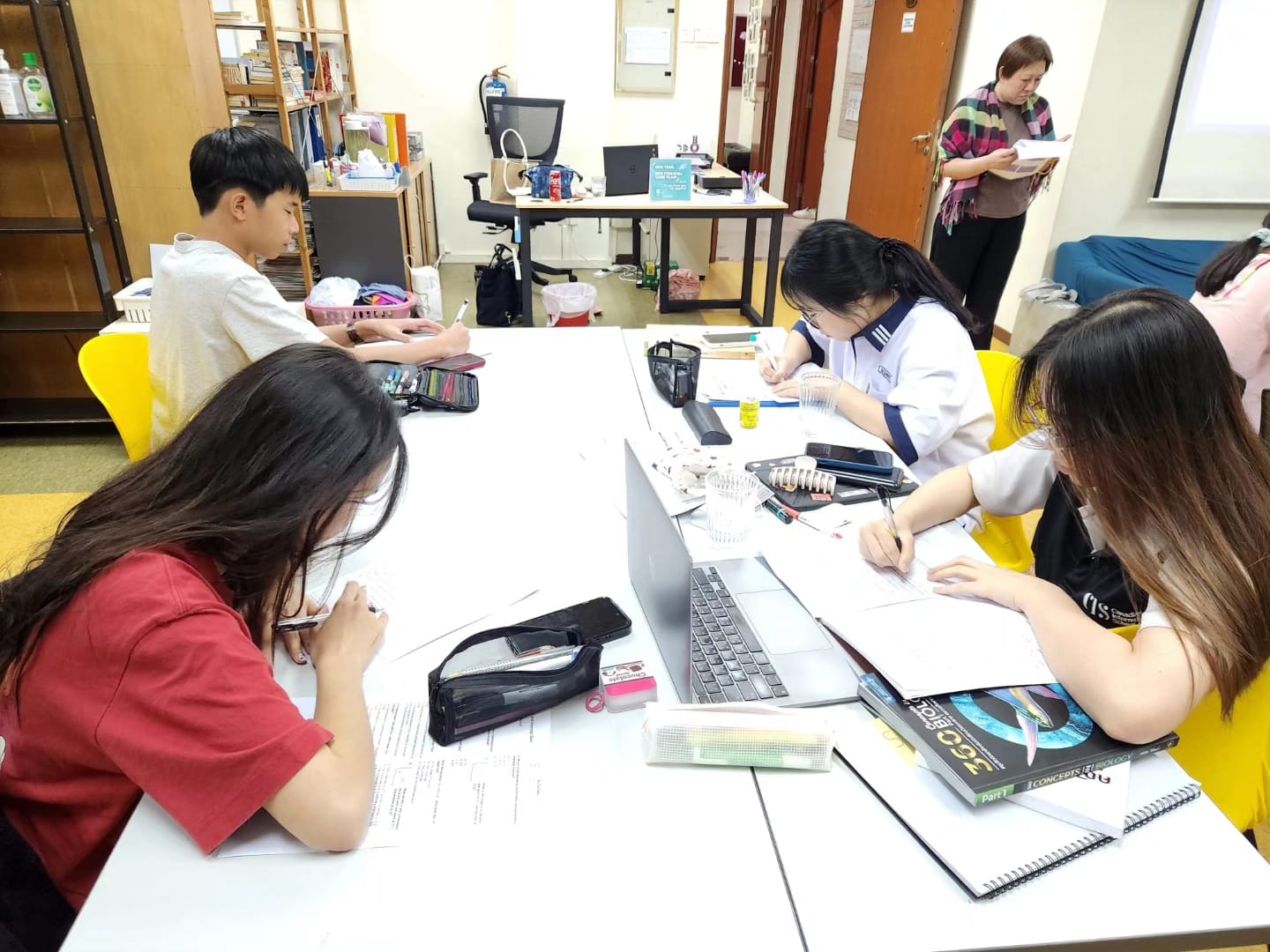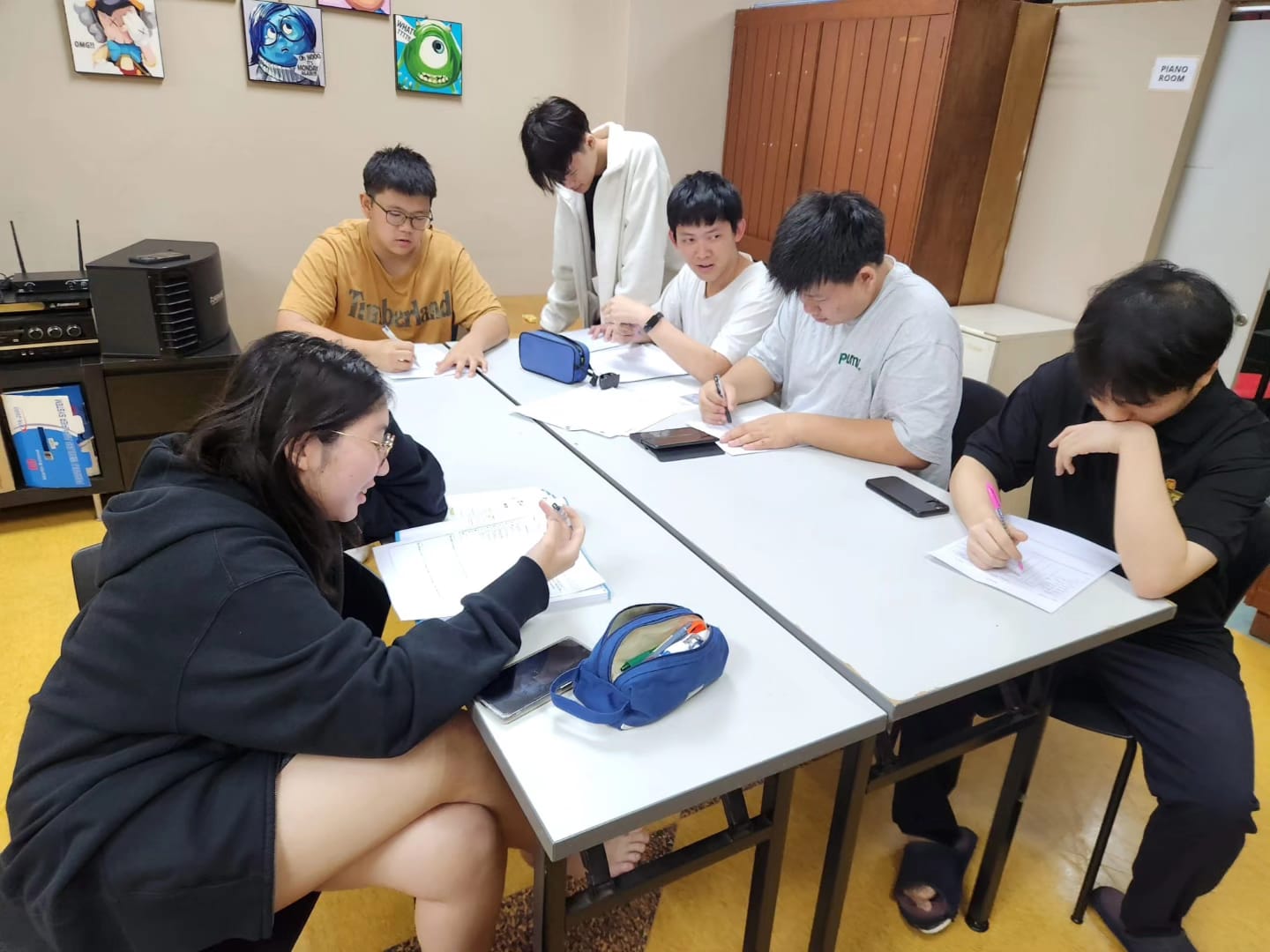In MILCHEL, we believe in the importance of maintaining traditions, especially for our diverse community of international students. We celebrate festive occasions like Christmas and Chinese New Year. We also celebrate cultural activities like Songkran for our Thai residents. But why is this so important, and what are the benefits of these traditions beyond mere celebration?
Participating in these traditions plays a role in relieving homesickness among international students. Being far away from home can evoke feelings of longing, especially during cultural holidays and events. By recreating familiar customs and celebrations in the hostel, Milchelians find comfort in the company of their peers. These traditions provide a sense of connection to their home cultures. It eases the pangs of homesickness and fosters a sense of belonging in their new environment.

Moreover, maintaining traditions fosters a sense of community among our Milchelians. Regardless of nationality or background, coming together to celebrate shared customs creates bonds. These shared experiences promote understanding and mutual respect among Milchelians of different nationalities.
Furthermore, embracing traditions is an opportunity to appreciate diversity. As Milchelians learn about and engage with the customs and traditions of their peers, they develop a deeper appreciation of cultures that make up our home community. For one, this celebration of diversity promotes tolerance and acceptance. Also, it cultivates a spirit of inclusivity and unity among Milchelians.

The importance of maintaining traditions for international students cannot be overstated. Beyond the joy of celebration, these traditions helps to ease students’ homesickness. They help develop a sense of community among Milchelians despite their different cultures. Finally, it makes them learn tolerance and inclusivity that contributes to a harmonious living environment in the hostel. As we continue to maintain a welcoming and inclusive environment for all Milchelians, we celebrate the richness of diversity and the beauty of culture and tradition.
